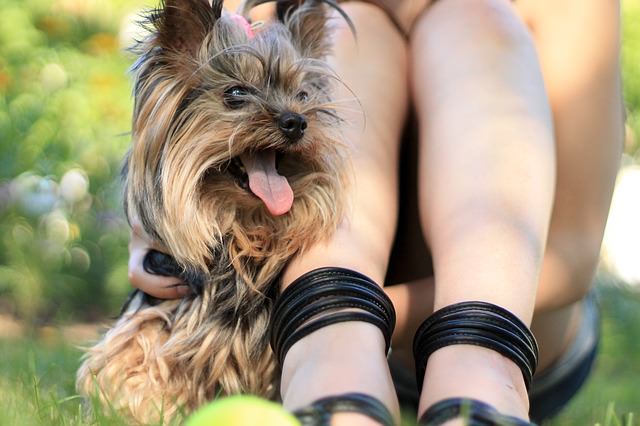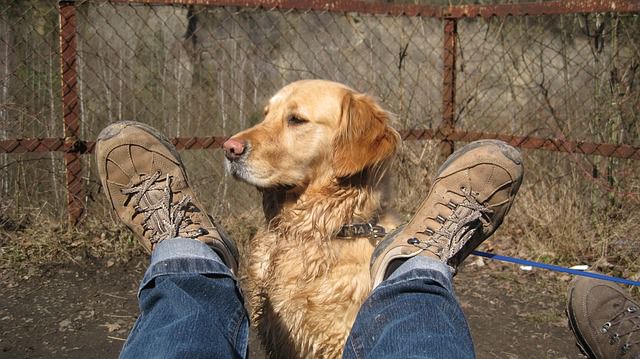“Humping” or mounting behavior in a pet dog is embarrassing to us humans because we do not typically communicate in this way in public. Can you imagine the looks we would get if we gave any type of sexually associated movements to others in public? But to animals, this is just another way to communicate and we have to try to understand them on their terms. They do their best to understand our strange human ways.
Mounting is merely a movement, like any other. It can be sexually driven, but doesn’t have to be. In other species, mounting behavior serves a variety of communication purposes. In cattle, other cows sometimes mount a fellow herd mate that is in heat in order to signal her status to the bull. The cow does not want to mate with her herd mate, but she is interested in propagating the herd and knows that the bull should be aware.

Dogs do not have any emotional feeling about the gesture nor do they feel awkwardness about it, like people do. When it is driven by hormones, as in an intact male, it is more likely to be intended as a mating behavior, but neutered males and females can engage in this conduct as well and almost all puppies do.
There can be many reasons for mounting. It can be a play behavior or a manifestation of stress or excitement. No matter what the motivation, if it is a behavior that you would like to abolish, you can distract the dog with a substitute action that he will know earns a reward. It is important that you seem oblivious to the mounting though, and act as though the alternate behavior was a spontaneous request.

Don’t yell or punish, however. If the mounting was related to stress, punishment will increase it.
If your dog is not a breeding animal, neutering will decrease sexual motivations and mounting behavior will likely be diminished, but because it is a normal brain pattern, it may not disappear completely. It is still smart to train your dog to use other methods to express himself. Keep a sense of humor and don’t worry, he is not confusing your leg with a “hook-up”!
Like dogs and cats? Find out the answers to your feline questions at iHeartCats.com.
